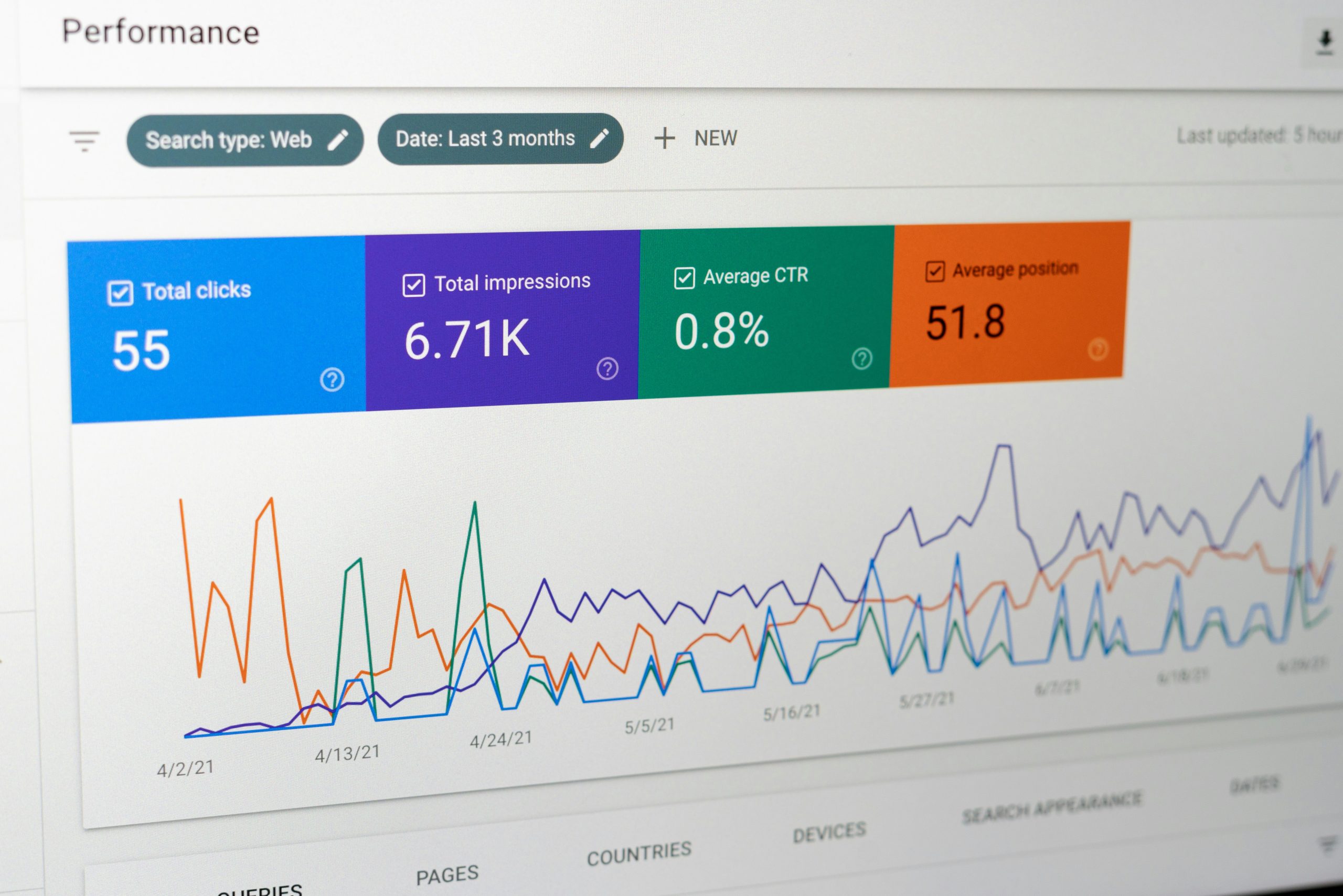In today’s highly competitive business landscape, it’s crucial to stay ahead of your competition and always keep your brand visible to customers. Otherwise, staying relevant in your industry for long will be difficult. Entrepreneurs and company leaders try to achieve this by investing in mobile apps.
Whether you’re into retail, tech, or service rendering, a mobile application can bring numerous benefits to your brand. These include better brand recognition, improved customer engagement, and excellent business performance. This article covers five signs to know your business needs a mobile application.
Your Competitors are Adopting Apps
Staying ahead of competition in the race for market share cannot be overemphasized. Every day, more companies create and invest in applications to reach customers and attract new ones in different locations. If you find out that your competitors are launching mobile apps, it’s a sign that you need to do the same.
For instance, let’s consider the online casino industry where operators are enticing players with real money gambling apps. Gamers find these casino apps appealing because they can jump into the action with just a tap. They don’t need to connect to the gaming platform with a browser. The operators also pack the apps with games like slots and live casinos, ensuring players can enjoy maximum entertainment on the go.
If you’re an online casino manager, you’ll need to consider offering an app. Without one, your brand would miss out on the one-tap access appeal that draws in players. To compete better, your app must be unique and have a beautiful interface and seamless navigation.
Struggling with Search Engine Rankings
A poor search engine rank is another big sign that an app is required. Your search rankings directly reduce the brand visibility, especially if your website needs to perform better in search results. A mobile application can make your business more noticeable as long as you offer services and features that your customers want.
For example, an e-commerce company realizes its website ranks low in search results, thus not attracting new customers. By creating an app with a seamless shopping experience, and personalized product recommendations, they can boost their search visibility. In addition, they also enhance their users’ experience and improve sales.
Ineffective Communication with Customers
Although several social media apps allow easy communication with people online, they cannot be compared to having a platform of your own. Sometimes, you may need to transfer important reports, files, or sensitive information like addressing issues, and using these media applications might not be suitable.
With your mobile app, you have a better and more secure communication channel with customers. It also provides an avenue for effective marketing. Your new products or services can reach your customers directly without a third-party app.
Cumbersome, Manual Processes
Regardless of human efficiency, there’s a limit to how much information we can store and collect. With apps, you can perform numerous tasks simultaneously, collect data, and store vast amounts of data in one location. If your company does not have the resources to carry out the necessary processes, you need a mobile app. Mobile apps reduce the need for human intervention as they automate repetitive tasks. This can also free up time for employees to focus on other activities.
Let’s assume you run a delivery service that relies on people to manage orders, assign drivers, and track deliveries. With a mobile app, these processes can be automated. The app can receive orders and use GPS tracking to identify the nearest driver to an order. The driver gets the order details through the app, confirms pickups, and reports deliveries. All these activities will be updated in real time for the management to see.
Offline Access for Customers
If you depend on a website only, your customers would have to connect to the internet any time they need to get info from your platform. However, mobile apps can be designed to be accessible to users without an internet connection. That enables them to be helpful to customers who find themselves in circumstances without an internet connection. If you run a travel agency that provides information about different locations and a customer is in an area without internet access, the customer could get offline information to navigate such areas from your app.
Conclusion
Mobile apps provide numerous benefits for both business owners and customers. These advantages include customer engagement, easier marketing, and better customer service. All of these lead to better user satisfaction and increased revenue for owners.
However, you must not just jump into creating an app. You need time to carefully plan and define things like your target audience, app goals, and core features required. After that, find a good app developer who can bring the brand’s objectives and identity alive in the app.
To wrap up, a well-designed application can be the game-changer your business needs. You may not have to wait to see a sign before you start planning to create one. You can instead plan for your business’s future with an app. By embracing this idea, you will stay competitive and satisfy customers.
This article has been penned by Kevin Roberts.






